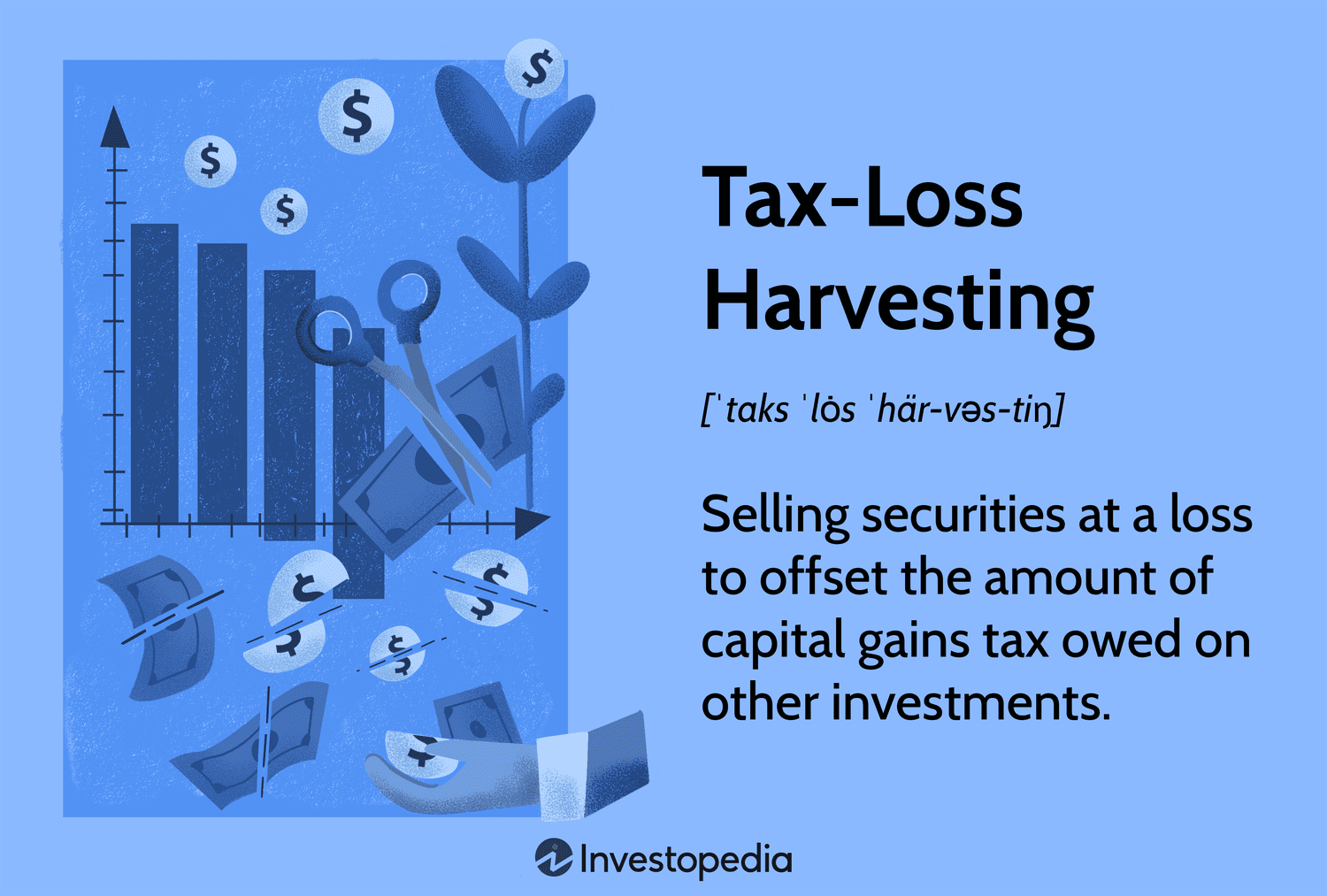Managing Your Investment Portfolio in 2024: Four Essential Tips

Written by: Paolo LaPietra, CFP®
As we navigate the dynamic world of investing in 2024, managing an investment portfolio effectively remains a cornerstone for financial success and stability. The ongoing changes in the market landscape call for a strategic approach to portfolio management. Here, we'll explore four key tips that can help investors of all levels optimize their portfolios for the year ahead.
1. Portfolio Diversification: A Multi-Faceted Approach
Diversification has long been the bedrock of sound investment strategy, and its importance only grows in today’s diverse financial markets. Broadly speaking, diversification can be approached in two significant ways:
a. Diversification Across Asset Classes: This involves spreading investments across various asset classes like stocks, bonds, real estate, and commodities. The aim is to balance the portfolio to match your risk tolerance and risk capacity. Your risk tolerance is simply your comfort with taking on higher risk investments such as growth stocks and high yield bonds. Your risk capacity is how much risk you need to take in your portfolio to ensure you will meet your financial goals.
b. Using ETFs for Diversification: Exchange-Traded Funds (ETFs) have become a popular tool for achieving instant diversification. These funds hold multiple underlying assets, like a mini-portfolio, and trade on stock exchanges similar to individual stocks. ETFs can be particularly effective for diversification because they often track specific indexes or sectors, allowing investors to gain exposure to a broad range of assets without the need to invest in each one individually. This approach is not only efficient but also cost-effective, especially for those looking to diversify into specific themes or international markets.
2. Examining Fees: The Hidden Drain in Your Portfolio
High fees are often the silent killers of investment returns. Many investment vehicles, particularly actively managed funds, charge fees that can significantly erode returns over time. These fees are even more damaging when the funds underperform their benchmarks, a common occurrence over prolonged periods.
Investors should be vigilant in reviewing the fee structures of their investments. Low-cost index funds are often more advantageous, as they tend to have lower expense ratios while offering comparable, if not better, performance than actively managed funds. Keeping an eye on fees is crucial for long-term investment success, as even a small percentage difference can compound to a substantial impact over years.

3. Tax Loss Harvesting: A Tactical Move
Tax loss harvesting is a strategy that involves selling securities at a loss to offset capital gains tax liability. It's a tactical approach to reduce your tax bill while maintaining the preferred risk level and composition of your portfolio.
Investors should regularly review their portfolios to identify underperforming assets that can be sold to realize losses. These losses can then be used to offset any capital gains incurred from selling other investments at a profit. It’s a sophisticated strategy that requires careful planning and a good understanding of tax laws, so consulting with a financial advisor is often advisable.
4. Raising Cash for Short-Term Needs
An often-overlooked aspect of portfolio management is liquidity – having cash available for short-term spending needs. It’s important to balance investments with the need for readily accessible funds. This is where having a portion of your portfolio in liquid assets like money market funds or short-term bonds becomes important.
Investors should evaluate their short-term financial requirements – such as upcoming expenditures, or planned large purchases – and ensure that a portion of their portfolio is allocated to assets that can be easily and quickly liquidated without significant loss. This strategy not only provides peace of mind but also prevents the need to sell long-term investments at inopportune times.
Conclusion
Managing an investment portfolio effectively in 2024 requires a blend of strategic diversification, vigilant fee assessment, tax-smart tactics, and liquidity management. By focusing on these four key areas, investors can position themselves for a more secure and prosperous financial future, regardless of the market conditions. As always, individual circumstances vary, so it's prudent to consult with a financial advisor to tailor these strategies to your specific needs and goals.
Bouchey Financial Group has offices in Saratoga Springs and Historic Downtown Troy, NY as well as Boston, MA and Jupiter, FL.